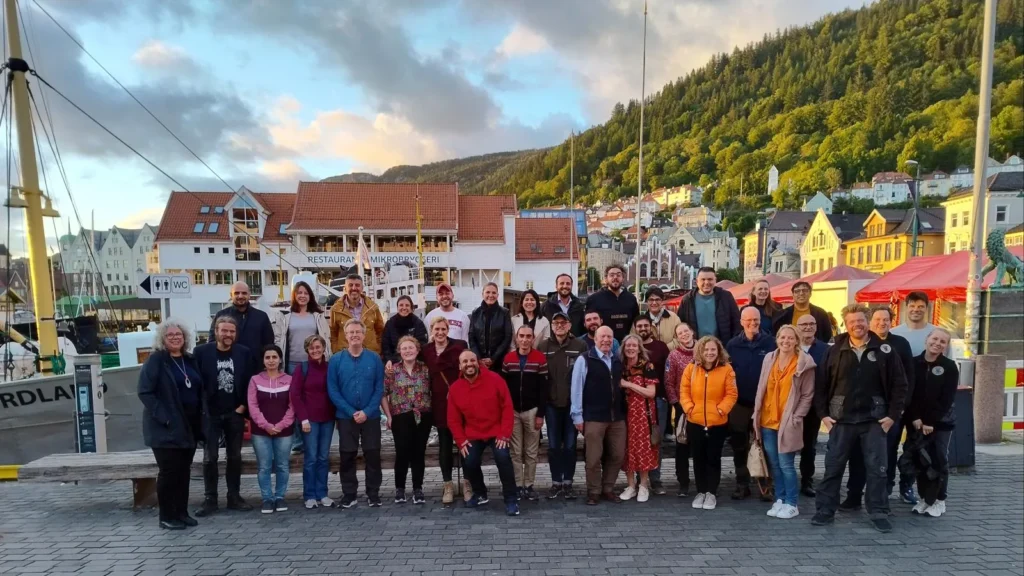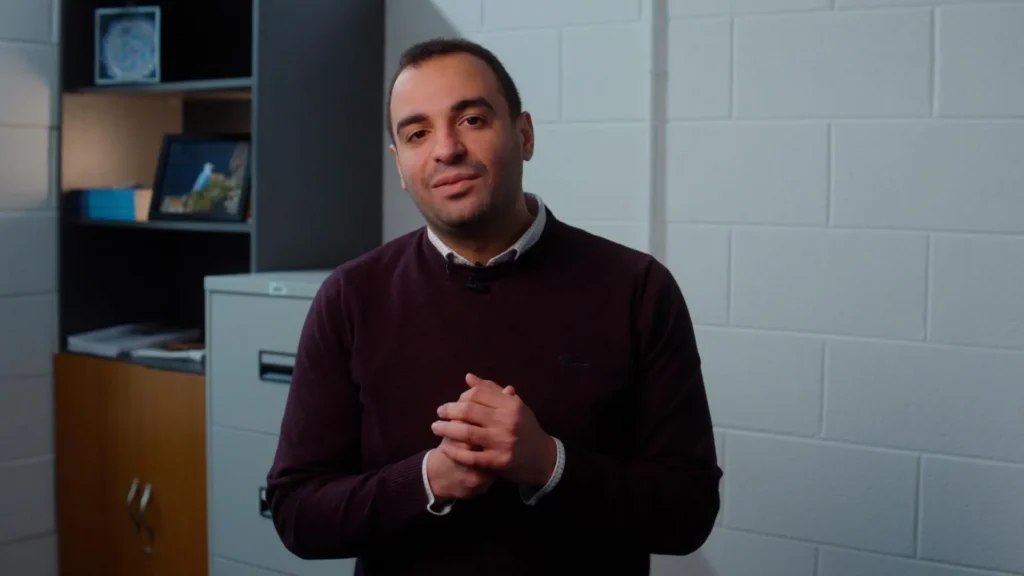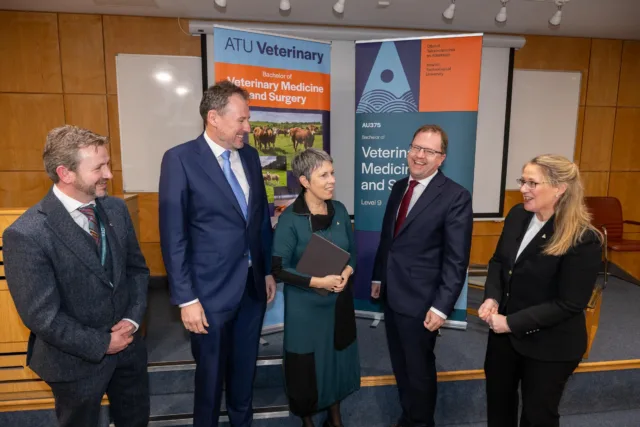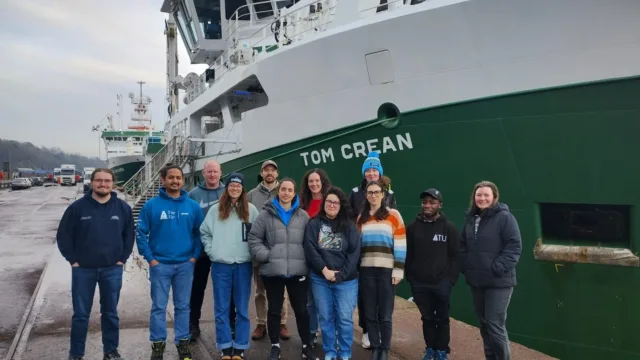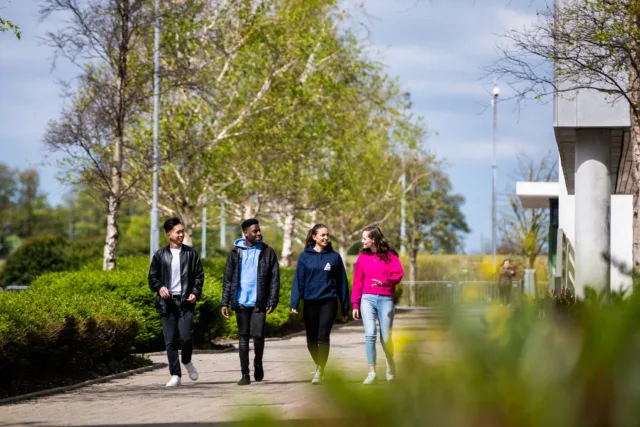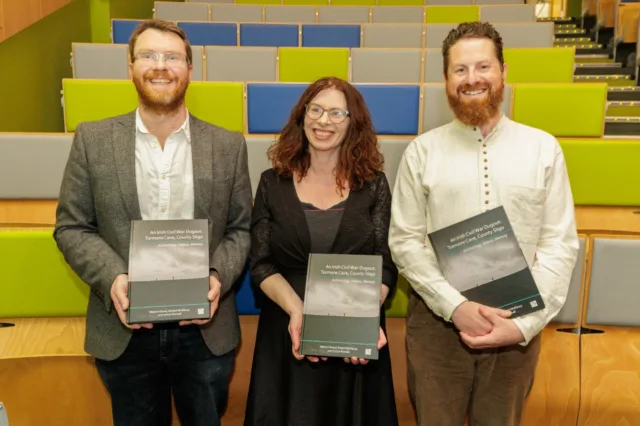Courses
ATU showcases Irish case study at PRO-Coast meeting in Bergen, tackling environmental challenges
With significant involvement from Atlantic Technological University (ATU), the PRO-Coast project has concluded its second consortium meeting in Bergen, Norway, from 11 to 13 June 2024. Hosted by the University of Bergen, this event brought together all 20 project partners to assess progress and plan future strategies.
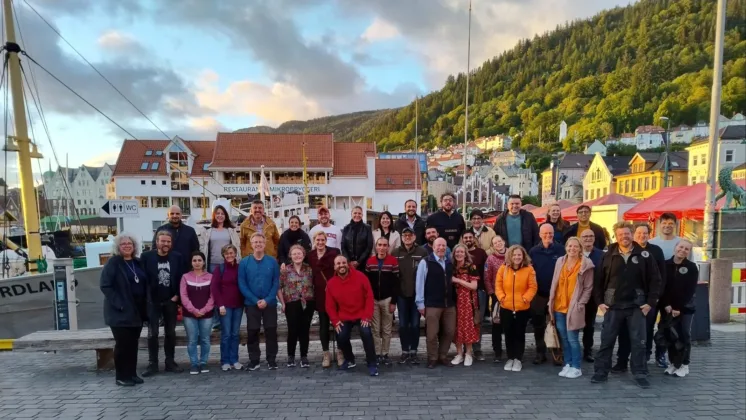
With significant involvement from Atlantic Technological University (ATU), the PRO-Coast project has concluded its second consortium meeting in Bergen, Norway, from 11 to 13 June 2024. Hosted by the University of Bergen, this event brought together all 20 project partners to assess progress and plan future strategies.
The PRO-Coast project, a key initiative under the European Horizon framework, strives to develop robust strategies for enhancing environmental governance and sustainability by examining behaviour, gender dynamics, lifestyle, religious and cultural values, and engaging stakeholders such as civil society, policymakers, financiers, business leaders, and retailers.
ATU leads the Irish case study within the project. During the three-day event, the ATU team showcased the progress of the Sligo pilot case and outlined plans for the upcoming year. Dr Salem Gharbia, the ATU lead for the PRO-Coast project, commented:
“Our involvement in the PRO-Coast project is a significant opportunity to contribute to environmental sustainability in Ireland and beyond. The progress we’ve highlighted during this meeting emphasises the importance of collaborative efforts and innovative approaches in tackling environmental challenges. We are eager to continue our work and make a tangible impact on local communities and ecosystems.”
On the first day, the partners presented their activities, accomplishments, and challenges across the seven Work Packages (WP) and nine case studies. This session was followed by an open discussion, fostering collaboration and knowledge sharing among partners. The second day focused on concluding pending tasks and included a case study visit to the southwestern coast of Bergen.
This visit highlights the pressing issue of plastic pollution in the region and the urgency of the project’s objectives. The event concluded with a workshop on the final day, centered on the social and ecological aspects of the case studies.
About PRO-Coast: PRO-Coast consists of 20 partners from 14 countries, including Belgium, Greece, Spain, Italy, Germany, Estonia, Romania, Montenegro, Cyprus, Malta, the United Kingdom, Slovenia, Norway, and Ireland. The consortium aims to stimulate and empower local communities and civil society to actively participate in the restoration and maintenance of biodiversity and ecosystem services across Europe. Over its three-year duration, PRO-Coast will gather and synthesise knowledge to inform citizen decisions, improve community co-participation in decision-making, and integrate local knowledge into policymaking.
More information is available at https://www.pro-coast.eu/en/c
